Foods for Beautiful Skin: Nourish Your Complexion from Within
Nutrients for Radiant Skin
Antioxidants for Skin Protection
Vitamin C: Vitamin C is a powerful antioxidant that boosts
collagen production, which is essential for maintaining skin's firmness and
elasticity. Additionally, it protects the skin from oxidative stress caused by
free radicals, promoting a more youthful appearance.
Vitamin E: This fat-soluble vitamin acts as a shield against free radicals and supports skin repair. Regular consumption of vitamin E-rich foods can aid in skin healing and reduce signs of aging.
Beta-Carotene (Provitamin A): Found in colorful fruits and
vegetables, beta-carotene converts to vitamin A in the body, contributing to a
healthy complexion and reducing sensitivity to the sun's harmful rays.
Omega-3 Fatty Acids for Supple Skin
EPA and DHA: Omega-3 fatty acids found in fatty fish like salmon and mackerel have anti-inflammatory properties that can soothe irritated skin and maintain its moisture barrier.
Alpha-Linolenic
Acid (ALA): Flaxseeds and walnuts are excellent sources of ALA,
another omega-3 fatty acid that helps keep skin hydrated and combat dryness.
Hydration and Skin Health
Importance of Water: Staying hydrated is vital for skin hydration and elasticity. Drinking an adequate amount of water helps flush out toxins, leaving the skin looking plump and radiant.
High-Water Content Foods: Foods like watermelon, berries, cucumber, and celery are not only hydrating but also provide essential vitamins and minerals that support skin health.
Foods for a Glowing Complexion
Colorful Fruits and Vegetables
Berries: Blueberries, strawberries, and blackberries are
rich in antioxidants and vitamin C, helping to combat skin damage and promoting
a healthy complexion.
Leafy Greens: Spinach, kale, and Swiss chard are packed with
vitamins A, C, and E, as well as minerals like iron and calcium, all of which
contribute to glowing skin.
Citrus Fruits: Oranges, lemons, and grapefruits are high in vitamin C, which aids in collagen production and supports the skin's natural repair process.
Healthy Fats and Oils
Avocado: This creamy fruit is a great source of vitamin E,
nourishing the skin from the inside out and protecting it from oxidative
stress.
Nuts and Seeds: Almonds, chia seeds, and flaxseeds provide
omega-3 fatty acids and vitamin E, offering a double benefit for healthy and
supple skin.
Olive Oil: Rich in monounsaturated fats and antioxidants,
extra virgin olive oil can help reduce inflammation and maintain skin health.
Fatty Fish and Seafood
Salmon: Packed with omega-3 fatty acids and astaxanthin, a
potent antioxidant, salmon supports skin vitality and protects against
premature aging.
Shellfish: Shrimp, oysters, and mussels are excellent sources of zinc, a mineral crucial for collagen production and wound healing.
Probiotic Foods for Skin Balance
Yogurt: Probiotics found in yogurt promote a healthy gut microbiome, leading to clearer and more radiant skin.
Fermented Foods: Incorporating kimchi, sauerkraut, and kefir
into your diet can improve digestion and reduce inflammation, benefiting your
skin's appearance.
Practical Tips for Incorporating Skin-Friendly Foods
Plan balanced meals that include a variety of skin-boosting
nutrients.
Use cooking methods that preserve nutrients.
Choose healthy snacks. Keep a stash of raw nuts and seeds, like almonds, walnuts, chia seeds, and pumpkin seeds, as convenient snacks. They are rich in essential fatty acids and vitamin E, providing a satisfying crunch while nourishing your skin. Similarly, go for carrot sticks with hummus or a handful of almonds to nourish your skin on the go.
Other Factors for Healthy Skin
Practice sun protection with sunscreen and sun-protective
clothing.
Establish a consistent skincare routine suitable for your skin type. Wash your face with a gentle cleanser twice daily, once in the morning and once before bed, to remove dirt, oil, and impurities. Do exfoliate your skin once or twice a week to slough off dead skin cells and promote cell turnover, revealing fresher and smoother skin. It is also beneficial to use a moisturizer suitable for your skin type to keep your skin hydrated and nourished. Finally, before bedtime consider using a nourishing night cream or serum to support skin repair and rejuvenation while you sleep.
Maintain a healthy lifestyle, including regular exercise and
sufficient sleep.
Conclusion: Nourish Your Skin, Embrace Your Glow
When it comes to achieving beautiful and radiant skin, skincare products are just one piece of the puzzle. Nourishing your skin from the inside with a diet rich in skin-friendly nutrients can lead to lasting and remarkable results.
By incorporating colorful fruits and vegetables, healthy fats, and other skin-boosting foods into your daily meals, you'll support your skin's natural radiance and overall health. Remember, achieving glowing skin is a journey, and by making informed dietary choices and embracing a healthy lifestyle, you can unlock the true potential of your skin's beauty. So, let your inner glow shine through, and embrace the benefits of foods for beautiful skin!

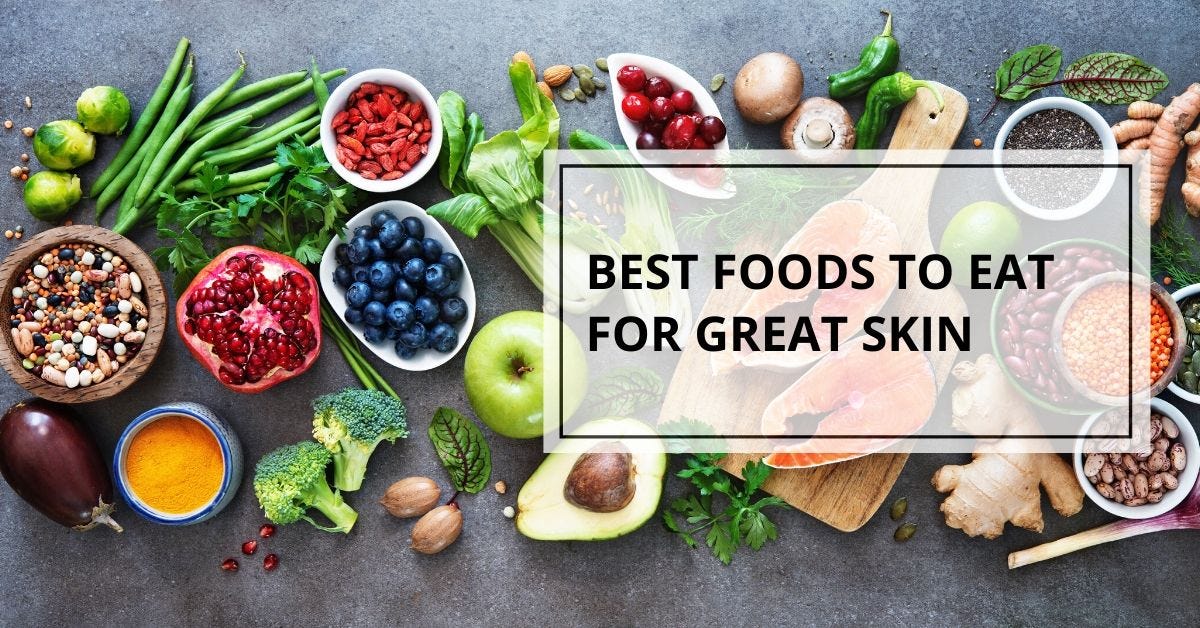
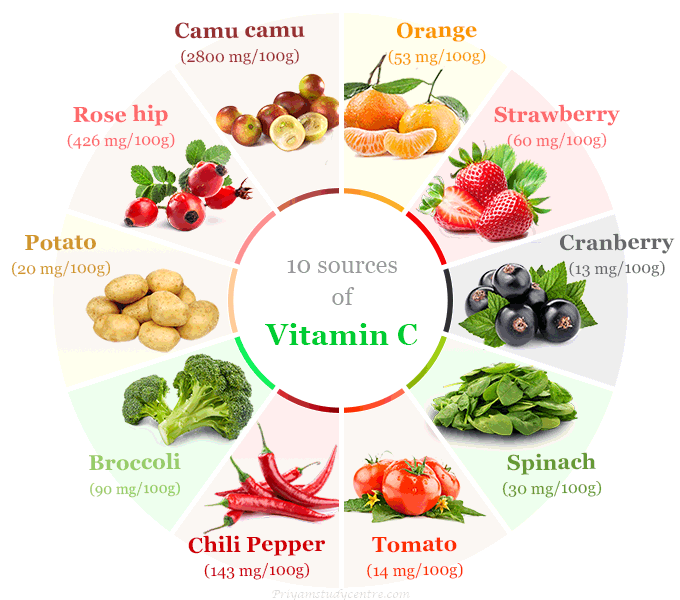



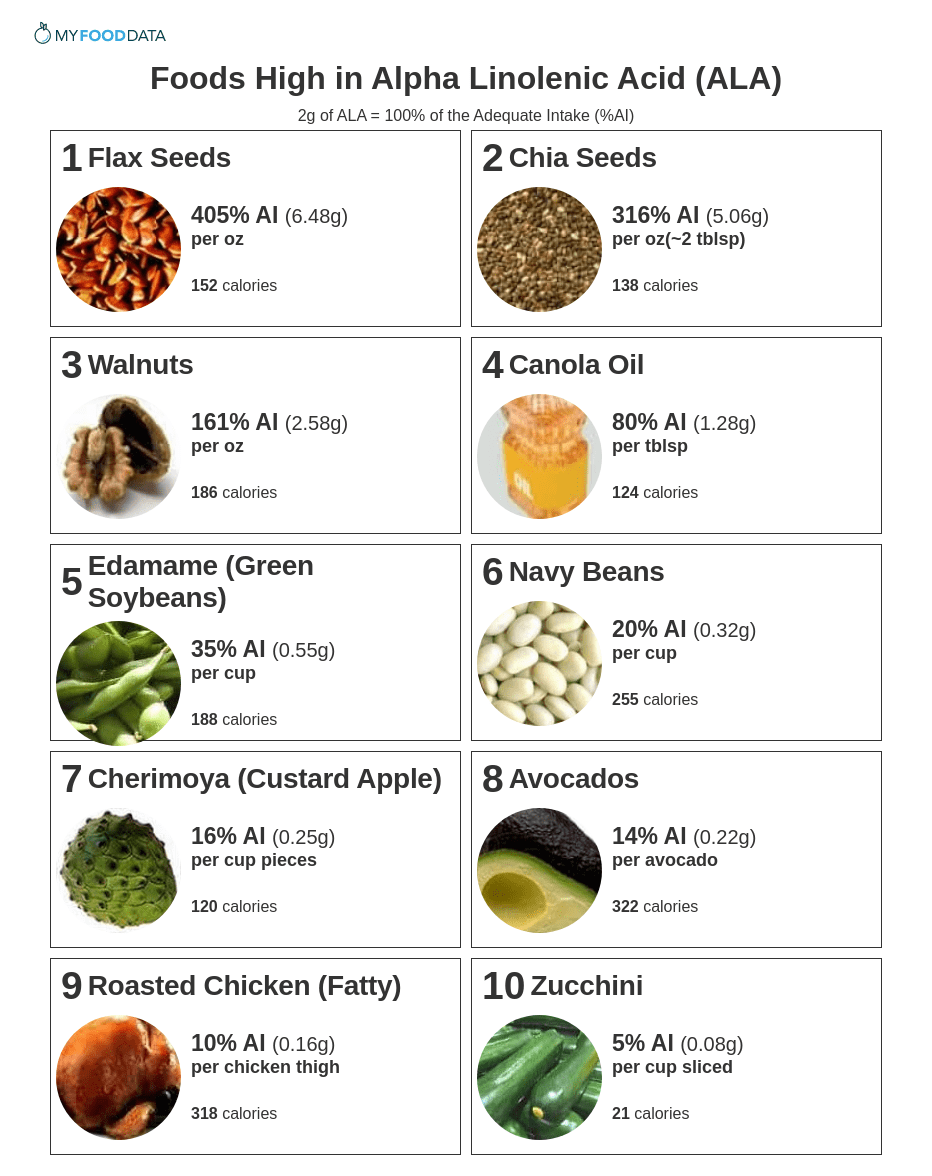
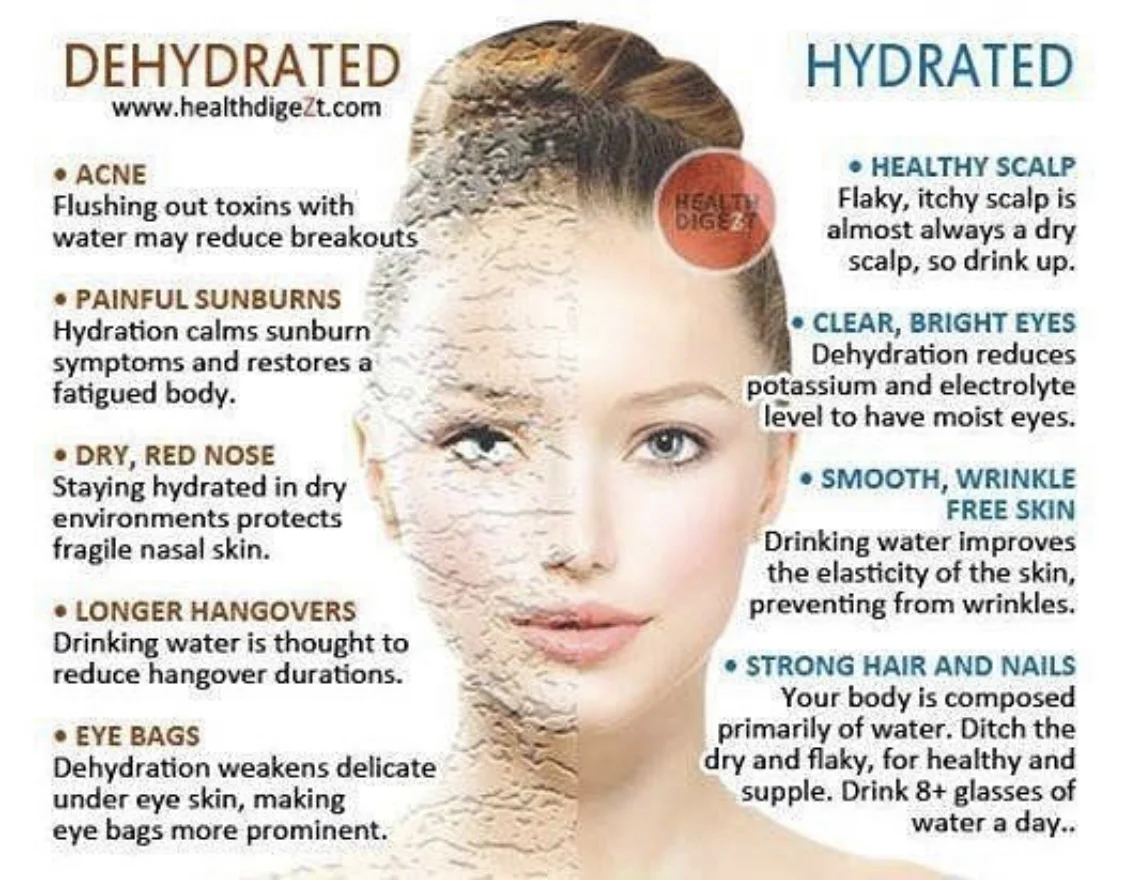


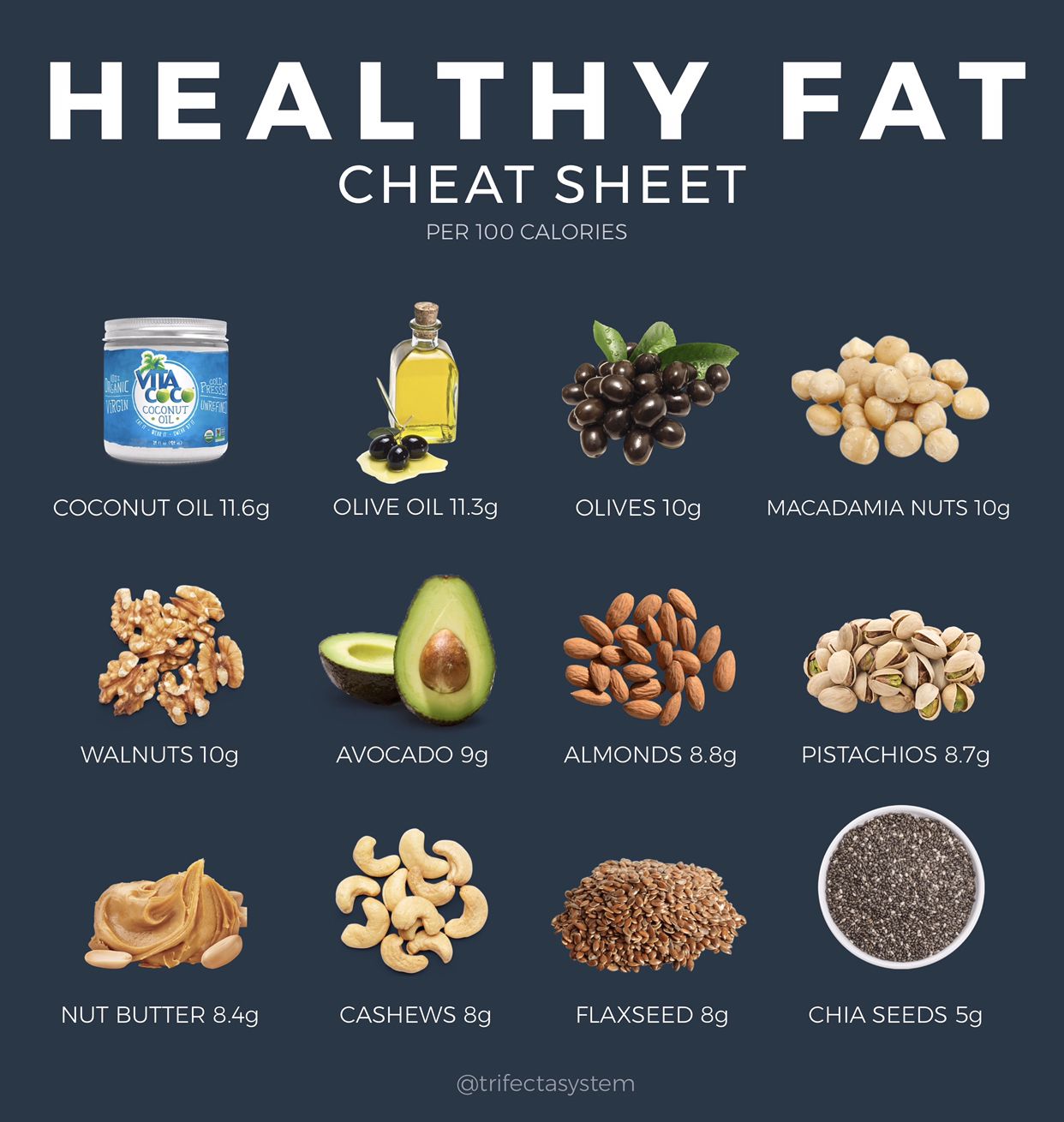
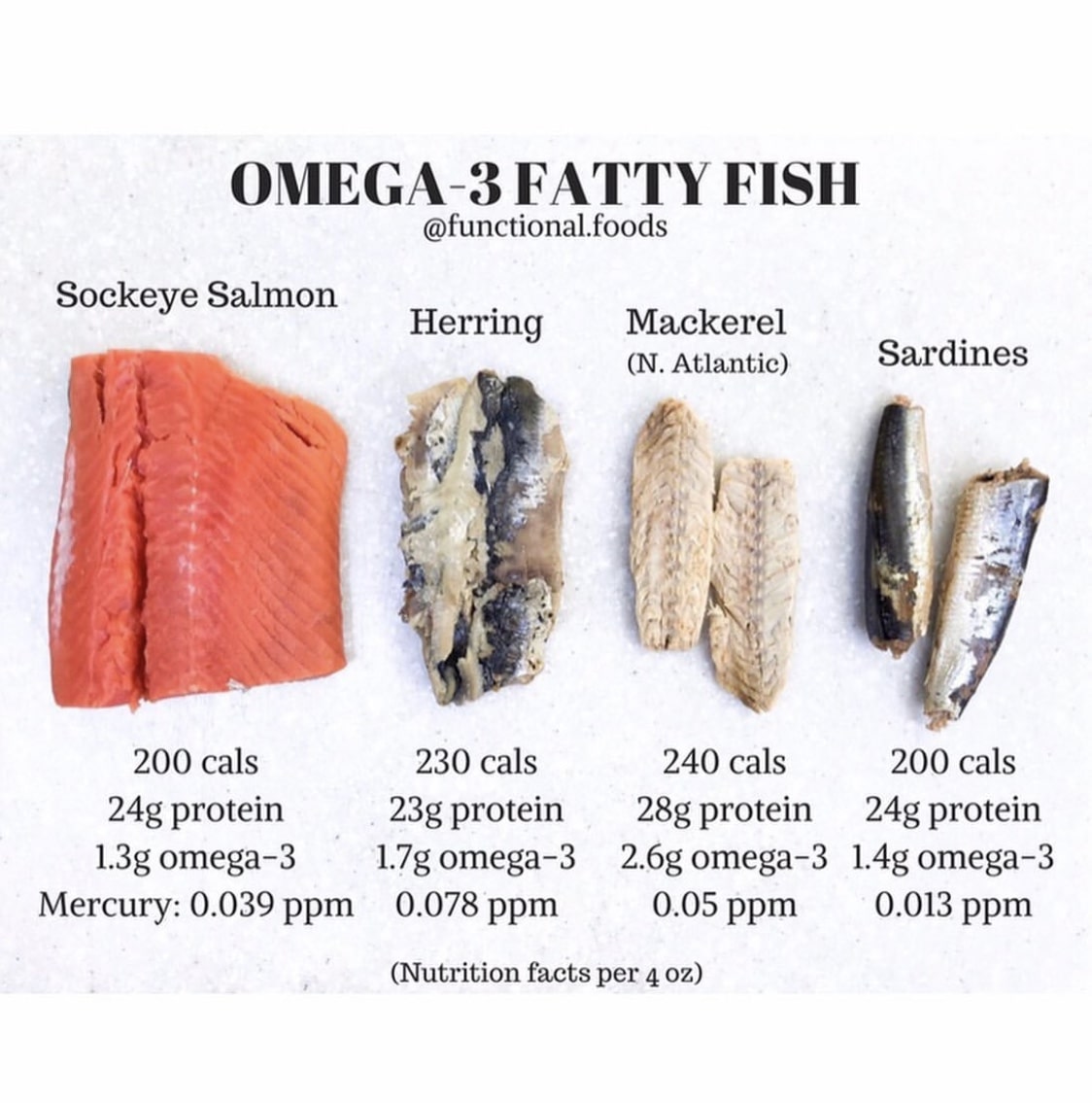

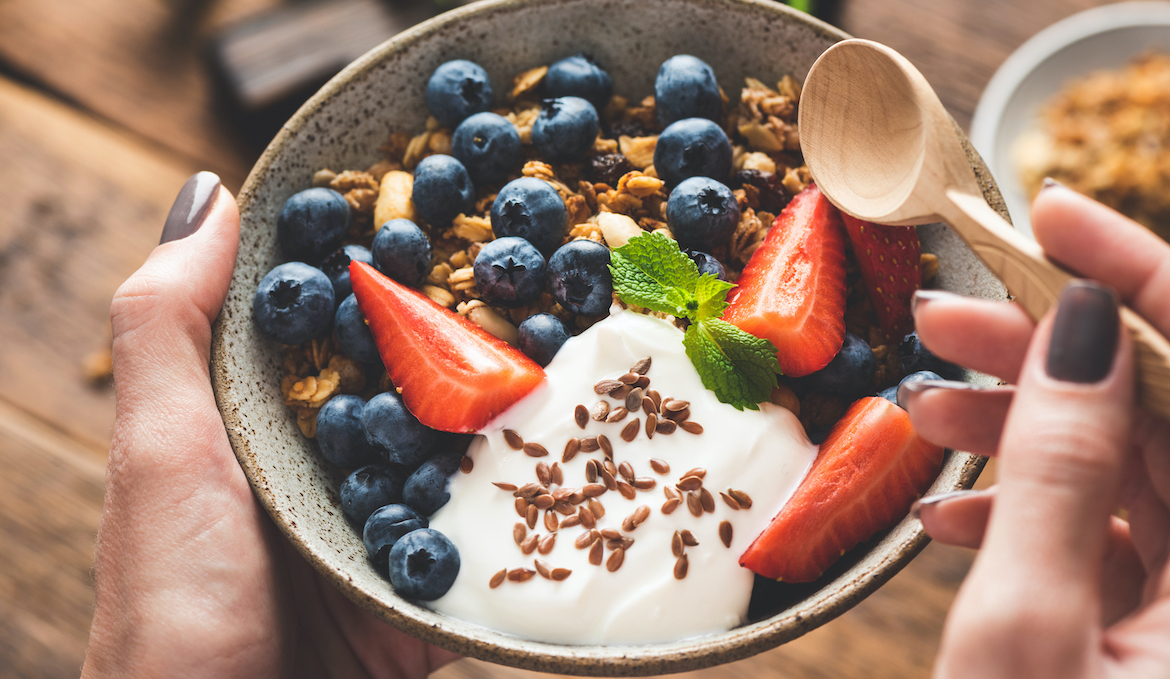


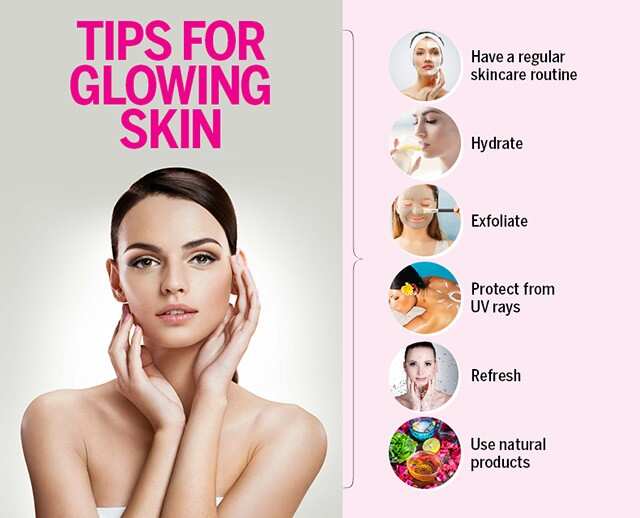



Comments
Post a Comment